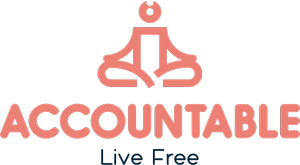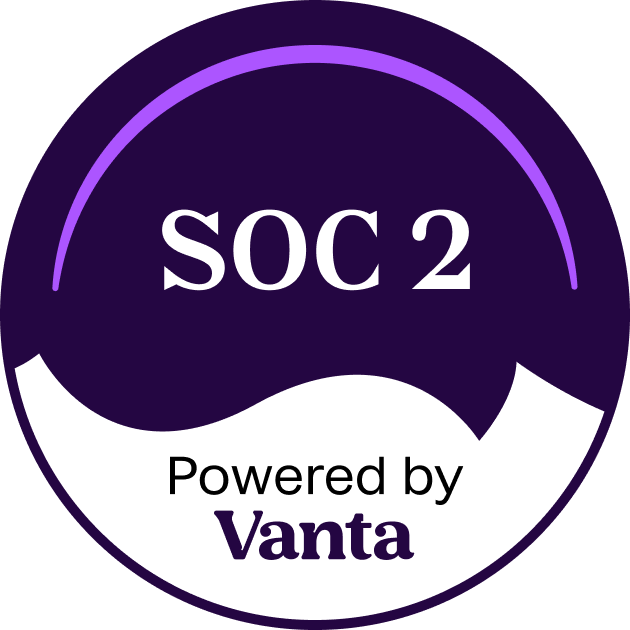Let's Not Cancel "Rock Bottom". Let's Redefine It.
Let's Not Cancel "Rock Bottom". Let's Redefine It.
The term “rock bottom” is thrown around quite a bit and not just in the recovery community. It is used as a colloquial term to describe something, usually an individual, who has come to the end of their rope with an experience. This now commonly used phrase evokes an imagery of someone who is beaten down - physically, mentally and emotionally. Ask yourself this, when you hear that someone has hit “rock bottom,” where does your mind go? I think for most people, it immediately goes to the worst situation they can conjur.
I have read several articles recently positing that the idea of “rock bottom” or “hitting bottom” has kept people from getting help. From what I can digest in these articles, “rock bottom” seems to be a barrier to people getting help early on, particularly for substance use. I wanted to write on this topic as I have some mixed feelings about the term, the experience of hitting bottom and what it means for me. My hope is this can educate those who have a particular view about the term and just perhaps, start an important conversation.
If there is one thing I hope you take away here it would be this:
I think we need to redefine the concept of rock bottom, not lose it altogether.
Almost 7 years ago I had my own individual experience with rock bottom. For me, it was an experience of extreme sadness, loneliness and struggle with substances. I did not like who I was anymore when I looked in the mirror and the people closest to me did not like it either. I was truly “sick and tired of being sick and tired.” I never wish for anyone to experience something like that.
However, for me, I needed the experience. If it wasn’t for my own rock bottom, I would have kept on the same path. I never would have gotten help and my subsequent recovery would have never materialized. That bottom became the beginning of my freedom and would become the firm foundation that my recovery and the rest of my life now sits on.
What I mean by that is this - it became my motivation to continue to take steps to better myself and my life so that I would never experience it again. Rock bottom ended up allowing me to have a cognitive shift - I was able to recognize that what I was doing and how I was behaving was not only destructive to me, but to everyone around me as well.
From both my own lived experience and the experience of speaking with many people who have found recovery, I believe that everyone needs to have
their own
version of a bottom. I think this is where the wires have been crossed a bit.
One thing that I very much agree with is that someone does not need to be in dire straits to get help for a substance use disorder or get help with anything for that matter.
There is nothing that says an individual needs to be transient in order to finally get the help that they want and deserve. Rock bottom is subjective to every single person. It is the point where you begin questioning your relationship to a substance and the behaviors/emotions/feelings that both precede and follow the use of it.
Recently, the actress, Zendaya, posted a statement regarding the journey of her character in the show Euphoria. In the statement, she points to her character “Rue,” and the experience of her addiction, hitting rock bottom and journey of recovery. What I took away from the message is that there is hope - hope for someone struggling. As well, it reminded me of the importance of listening to understand rather than listening to respond.
I believe that the misnomer of the dire rock bottom tends to be exacerbated by people not understanding what is happening for their friend or loved one. “Come on! You don’t have a problem with alcohol; you drink like everyone else!” “Just stop doing it, I can stop whenever I want, you should be able to also!” I cannot imagine how crushing that must be to hear for someone who is in the midst of a struggle and/or questioning their relationship to alcohol, who just does not feel good about drinking regardless of what it looks like to everyone else.
Rock bottom no longer needs to be synonymous with someone who has lost housing, lost employment, or family or friends.
If you know someone who has come to you and verbalized that they are struggling, in ANY fashion, be an open ear to listen and really hear what they are saying. If they cannot see what is happening for them, help them with kindness to understand and be with them with healthy support so that they can get the help they deserve.




hello@youareaccountable.com
(646) 450-7641

